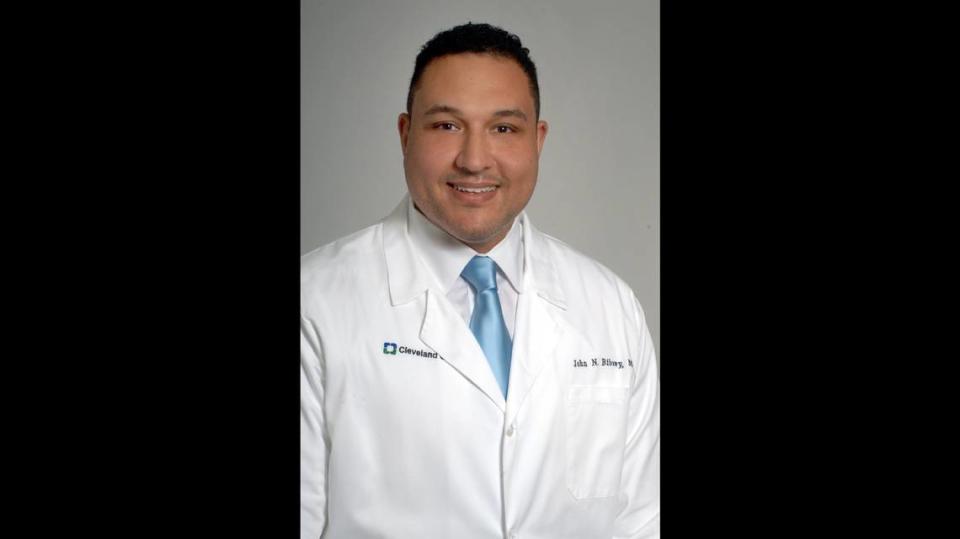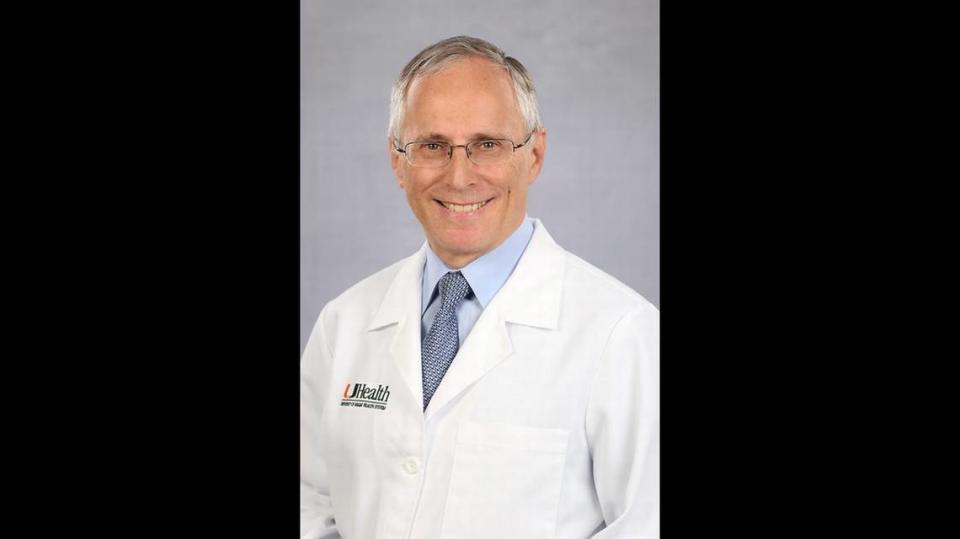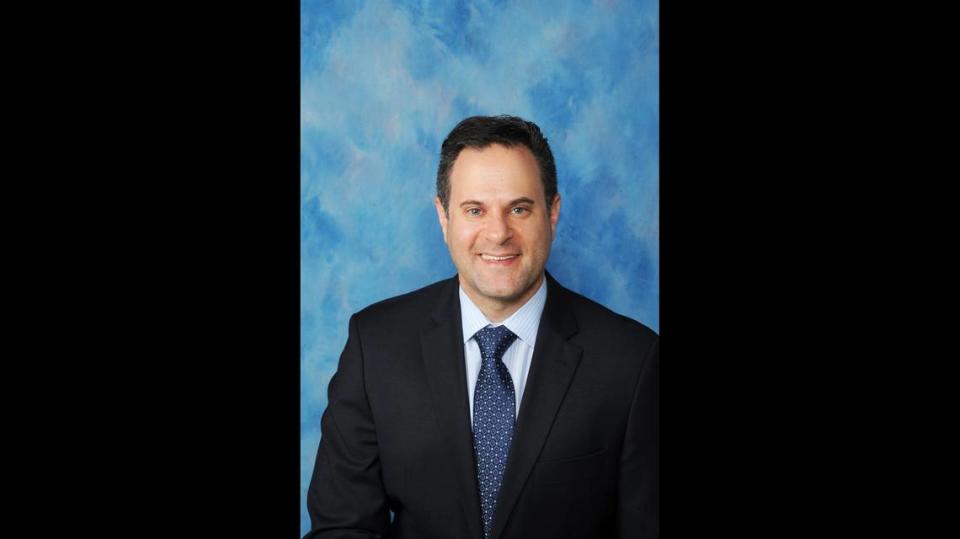Don’t put off seeing your heart doctor during the pandemic — it could be a big mistake
When researchers compared the number of patients who came into the hospital with heart attacks after the pandemic began, they noticed a significant reduction from 2019 figures.
Studies from various parts of the United States, Italy and Austria show that the number of patients arriving at the hospital for heart failure or heart attacks was down between 39 and 50 percent after COVID-19 began sweeping across the globe.
Where did all those heart attacks go?
“We think people are so afraid of going to the doctor’s office or the hospital that they are having heart attacks at home — and people are dying at home,” said Dr. John Bibawy, an electrophysiologist who specializes in heart rhythm disorders at Cleveland Clinic Weston Hospital.

“We’ve seen an unfortunate reluctance of cardiac patients to seek care during the pandemic and that can lead to worse outcomes,” said Dr. Jeffrey Goldberger, chief of the cardiovascular division at the University of Miami Miller School of Medicine.

A study published in JAMA Cardiology that examined 15,244 cases of patients who were hospitalized for heart attacks during the early months of the pandemic found that they had worse outcomes and a higher risk of dying compared to similar periods in 2018 and 2019.
The researchers from Oregon and Washington said more study is needed to figure out what is behind the poorer outcomes.
But disruptions in patients’ established medical care during the pandemic has meant that some cardiac patients are not seeing their doctors when they should.
“The earlier the diagnosis, the better outcome a patient will have,” said Bibawy. “Someone with chronic chest pain may say they don’t want to bother the doctor, but their condition can get worse and worse and lead to a severe heart attack.”
Fewer people are seeing their doctors
A Cleveland Clinic survey found that during the COVID-19 outbreak just 63 percent of patients with heart disease reached out to a doctor or sought medical care after experiencing a concerning health issue.
And about one-third have stopped taking their medications — often because getting a refill requires a visit to the doctor, said Bibawy.
The American Heart Association has started a “Don’t Die of Doubt” campaign to encourage those afraid of medical facilities during the pandemic or who don’t want to overburden already overworked healthcare workers if their emergency turns out to be a false alarm to seek medical help.
It emphasizes that hospitals are still the safest place during a medical emergency and urges people not to hesitate and call 911 at the first sign of a heart attack or stroke.
Hospitals have extra cleaning protocols in place, they require temperature checks for entry, and everyone must wear a mask.
“We’ve made it as safe as possible; [medical facilities] are probably safer than it is outside,” said Bibawy.
Virtual visits an option
Cardiac patients still reluctant to see their doctors should consider virtual or telephone visits, he said.
“When I see reluctant patients, I tell them: ‘Why didn’t you call me on the phone, why didn’t you Facetime me?’ I‘ve given some my email and patients can also communicate with their doctors via MyChart,” he said. “I think it is important for patients to know we are accessible.”
For those with a history of cardiovascular disease, Dr. Eric Rosen, chief of cardiac services at Memorial Regional Hospital, said they really need to take good care of themselves during the pandemic.

“Get adequate sleep, make sure your cholesterol, blood sugar, blood pressure and stress levels are under control,” he said.
It’s not only patients with a history of cardiac disease who need to see their doctors during the pandemic. Patients who develop cardiac problems during their bouts with COVID also need to consult with doctors.
COVID patients need to see doctor about cardiac issues that can arise
Anyone with persistent symptoms such as fatigue, shortness of breath and chest discomfort post-COVID needs to see a doctor and have long-term follow-up, said Goldberger.
UM cardiologists have developed a new COVID-19 heart program to address the new and evolving heart issues stemming from the pandemic. Patients not only can benefit from the latest UM research on COVID and the heart but also get comprehensive screenings and evaluation to check for signs of immediate or potential heart damage.
Larry VanDusseldorp, who suffered a massive COVID-related heart attack last year, offers this advice: “Don’t be complacent about seeing the doctor.”
He had no history of heart disease, but about a month after he thought he had recovered from COVID, he realized he was experiencing heart-attack symptoms and had his wife immediately drive him to nearby Memorial Regional Hospital.
Even if patients are reluctant to go to a doctor’s office for checkups, he said, they can still do telehealth visits and monitor themselves from home. “I have a pulse oximeter, a blood pressure cuff so I can do all the vitals at home,” said VanDusseldorp, who lives in Hollywood.
“If you know your body and know you’re not feeling well, listen to your body and get in touch with your doctor,” VanDusseldorp said. “That hour, day or week that you waited could be your last on earth.”

